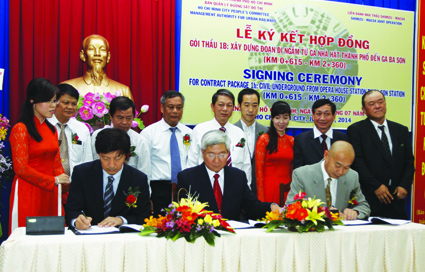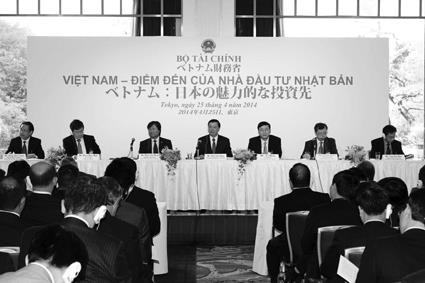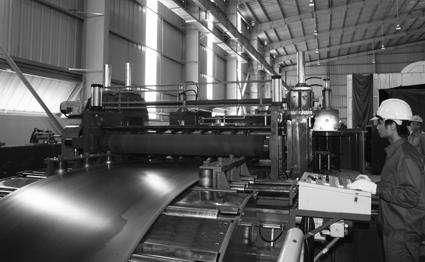The United Nations Industrial Development Organization (UNIDO) has recently warned that the Vietnamese Government’s incentives to attract foreign direct investment (FDI) were likely to lead to a deformity in the tax system and cost the state budget dearly.
At a workshop entitled “Investment incentives with efficiency of business operation: Research from Vietnam’s industrial survey” recently organized by UNIDO and the Ministry of Planning and Investment (MPI), Brian Portelli from UNIDO affirmed that tax incentives (corporate income tax, export duty and profit-based tax), land and credit incentives and other local financial supports in Vietnam help promote competition but do not replace competition. Therefore, this is a down-to-bottom race.
This expert’s opinion was presented after a survey was conducted at 1,426 manufacturing companies, including 836 foreign-owned companies, 462 local private companies and 128 state enterprises in eight provinces and cities.
At present, the corporate income tax rate is 22 percent reduced from 32 percent in 1997, 28 percent in 2003, and 25 percent in 2009, and expected to be 20 percent from 2016.
In addition to Government-provided incentives, FID enterprises also enjoy incentives provided by local administrations such as supports for ground clearance, advertising and labor training costs, rewards for foreign investment brokers.
However, the survey found that in general there was only a very slight difference between foreign enterprises enjoying incentives and those ineligible for such incentives.
According to UNIDO Vietnam Chief Representative Patrick Gilbert, at present only 5-6 percent of FDI enterprises transfer advanced technologies into Vietnam. This means that 94-95 percent of foreign-invested enterprises have brought into the country medium and low-level technologies and have therefore been employing a large number of local laborers in low-salary sectors requiring unskilled labor though they export more than Vietnamese enterprises.
From that analysis, he suggested the Vietnamese Government should reconsider policies to attract FDI for economic development without inhibiting domestic investment.
Vice director of the Foreign Investment Agency Dang Xuan Quang admitted that, despite numerous incentives, the attraction of FDI in the two particularly preferential sectors of high technology and agriculture and geographical areas with difficult socio-economic conditions has proved ineffective.
Nevertheless, he affirmed that, most FDI enterprises regarded investment incentives, which in fact were not decisive to their operation efficiency, as a very important reason for investment in the country, adding that FDI enterprises enjoying incentives are more likely to make reinvestment than those not entitled to such incentives.
The survey suggested that the provision of investment incentives should be more prudently considered as their costliness can lead to the deformation of the national taxation system and budget revenue undercollection.
Vietnam should also prepare mechanisms for implementation and supervision of investment incentives which can help determine whether such incentives can bring about results as expected in terms of productivity and added value.-




